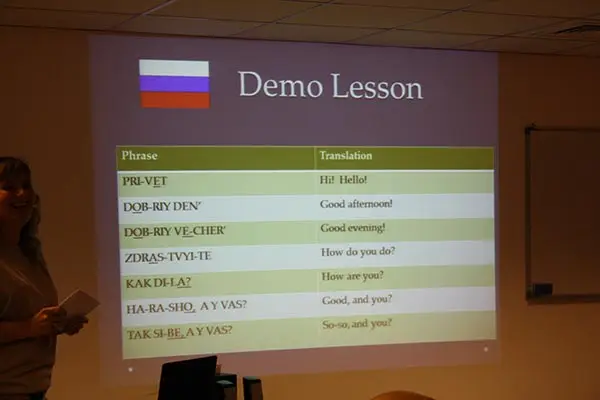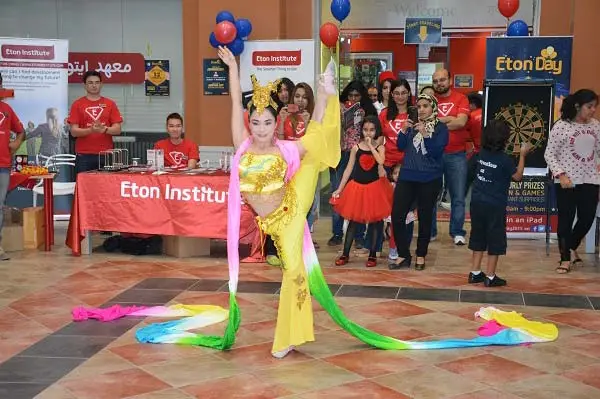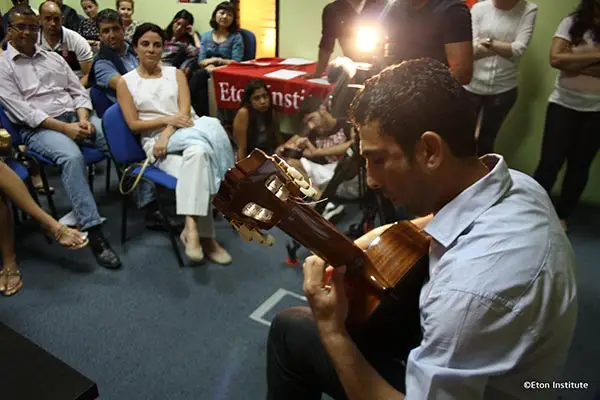Studying a language is one of the most interesting things to do in this world; by means of this, we will be able to learn about a person’s behaviour, culture, beliefs, history and understand every person we encounter every day.
It also helps us to communicate with each other and one of the easiest ways to learn this is by attending a cultural event.
A cultural event is often in the form of live performance, which may involve lectures, singing, dancing, role playing, arts and history; it can also be related to trading, foods and local export products.

It gives a person better ideas of how to deal with other nationalities; it also helps us to know the do’s and don’ts of each country. Cultural events have a big role in language training, especially for those people who want to relocate to study, work or establish a business in a certain country. People who attend cultural events often have plans to visit or stay in another country, may know people from that country or attend the events due to curiosity or an attraction to the cultural character.
Globally, culture in the society of different countries is continuously being shaped by numerous factors which may be due to the country’s history, the dominant religion that is being practised, the living conditions of the people or the country’s geographical location.

Typically, immersing oneself in cultural events of different nations may also help in gradually learning other foreign languages. Since societal culture in itself is constantly changing, through understanding how certain cultural traditions or norms are being observed in certain nations may give you an updated knowledge of how a certain language has progressed and the local slang or phrases that shape it.
Media has been an influential factor in shaping one’s background in verbal communication, colloquial terms and jargons through the years, developing in urban dictionaries time and again. These language progressions may give you an insight as to how the general public of a nation respond to a certain scenario at a given time, while one may more accurately learn another’s language through understanding their culture. It can also be said that a certain culture is easier to comprehend and enjoy by trying to learn the language being spoken.

Standard presentation of a country’s culture may be in a form of theatrical or staged cultural events, oftentimes depicting a historical event through a showcase of the distinct art and music native to the country or original literary masterpieces. These events may give the audience a view of how the nation has developed from their original roots, it may also show the values their forebearers have possessed and what cultural milestones may have influenced them. Ultimately, this is also where a nation’s language is presented in its most natural form, depending on how much it has changed through the times. Other nations may still hold very similar manner of speaking to their newer generations while others, especially those with strong modern influences, may prove to have changed very greatly.

Whether the language has changed dramatically over the centuries or has been well preserved by the country, these standard cultural events along with the knowledge of newer customaries being observed in a certain country may very well help in learning the language and building a deeper understanding of the country’s distinctive culture.
In summary, any opportunity to enjoy the language in its natural form with native speakers should be relished for what it is; a fascinating insight into the rich tapestry that is culture.
